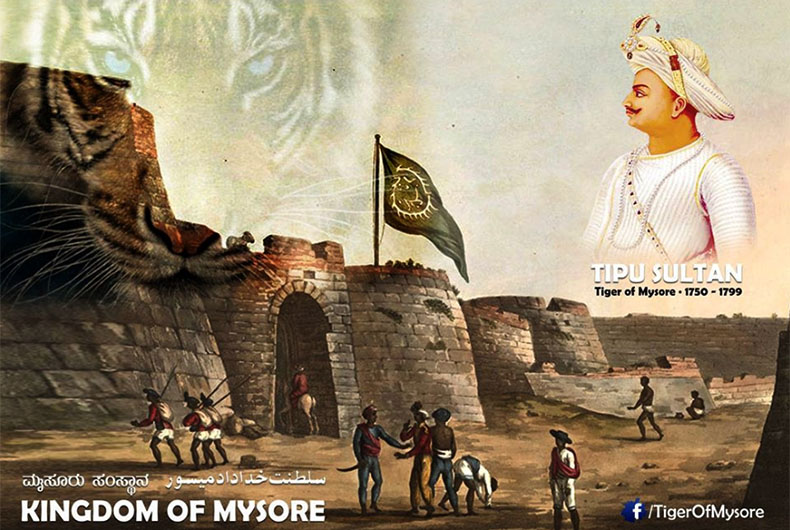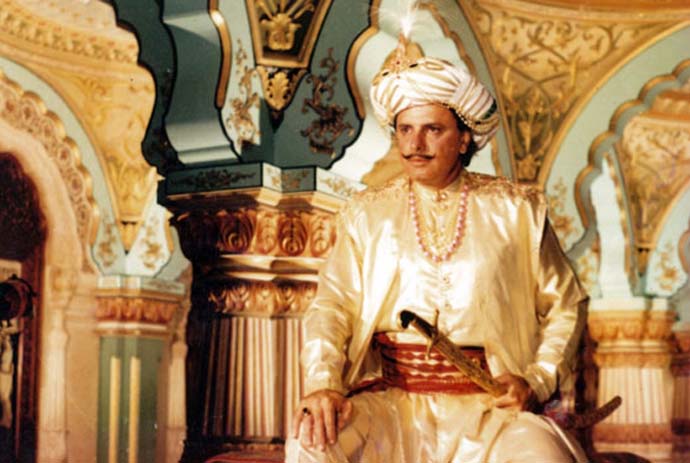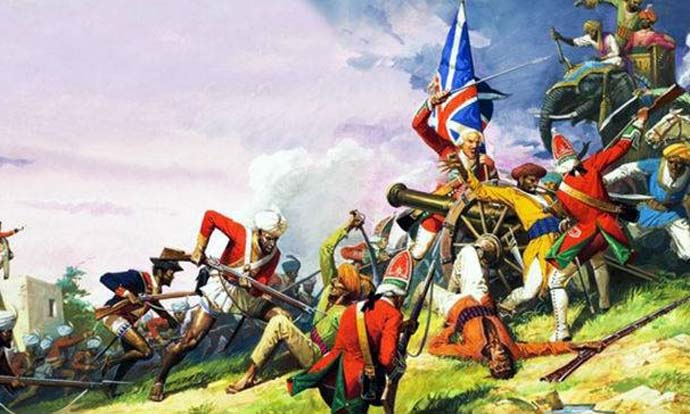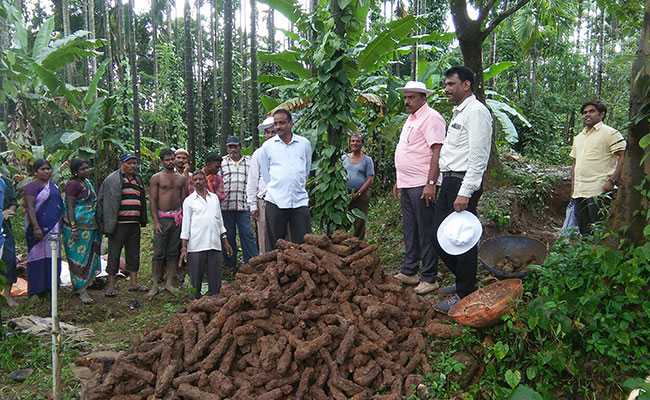Srirangapatna, KARNATAKA :
On November 10, the 274th (or 273rd) birthday of Tipu Sultan was celebrated peacefully in his erstwhile capital, Srirangapatna, amid heavy security.

The date of his birth is disputed – there is little agreement on whether it is November 10, November 20, or December 1, or whether that event happened in 1750 or 1751. (File photo)
This past Sunday, November 10, the 274th (or 273rd) birthday of Tipu Sultan was celebrated peacefully in his erstwhile capital, Srirangapatna, amid heavy security. The security was necessary because Tipu has become, in recent years, a polarizing and politicised figure, with successive state governments casting him alternately as monster and Messiah. Even the date of his birth is disputed – there is little agreement on whether it is November 10, November 20, or December 1, or whether that event happened in 1750 or 1751.
Be that as it may, one well-documented fact about Tipu is that he commissioned, around 1795, the famous Tipu’s Tiger, a mechanical automaton built by local craftsmen using local materials, possibly with inputs from French engineers. It featured a painted wooden tiger mauling a man who, judging from his costume, was decidedly European. The hollow toy housed various mechanisms that were worked by the turning of a crank handle. Each time it was turned, one of the man’s arms moved up, seemingly in a (futile) bid for self-defence, while the bellows inside pushed air out of the man’s throat and several openings in the tiger’s head, producing what sounded like a wail of distress from the man alongside a growl from the tiger. Symbolic of the self-styled Tiger of Mysore, the tiger was as large as life; the hapless European just a little smaller.
Tipu’s Tiger may well have been a product of Tipu’s fancy, meant to inspire him after his defeat in the Third Anglo-Mysore War in 1792, following which he not only lost half his kingdom but was obliged to give up two of his sons as hostages to Lord Cornwallis. But there is a popular theory that the visual of the tiger attacking the soldier was based on a real incident that happened later the same year.
On 21 December 1792, so the story goes, the goodly ship Shaw Ardaseer, bound for Madras, stopped to take on cargo at Sagar Island, situated at the mouth of the Hooghly in Calcutta, at the point where the Ganga meets the Bay of Bengal. On the ship was 17-year-old Hector Sutherland Munro, a ‘cadet for Madras’ who had only arrived in India on the 8th of November. Along with his fellow cadets, young Hector went ashore to try his luck at hunting deer, but was unsuccessful. The party had just sat down at the edge of the jungle to eat a meal when they heard, in the words of eyewitness Capt Henry Conran, ‘a roar like thunder,’ and saw ‘an immense royal tiger spring on the unfortunate Munro.’ In a moment, continues Conran, Munro’s head ‘was in the beast’s mouth,’ and it had raced into the jungle, carrying Munro with it. Conran and the others shot at the tiger and killed it, but Munro could not be saved.
Conran’s sensational prose, and the fact that young Munro was the son of the celebrated General Sir Hector Munro, the hero of the Battle of Buxar (1764) and the capture of Pondicherry (1778), and one of the main players in the Second Anglo-Mysore War (1780) against Tipu‘s father Hyder Ali, ensured that the story went viral in England, perhaps even inspiring William Blake’s famous 1793 poem ‘The Tyger.’ Given that his sons were being held in Calcutta at the time, the story almost certainly also reached Tipu. In the aftermath of the Fourth Anglo-Mysore War, in which Tipu was killed, Tipu’s Tiger, which had little intrinsic but much emblematic value, was carried back to England in triumph, and installed, in July 1808, in East India House on Leadenhall Street.
Today, Tipu’s Tiger sits behind glass at the Victoria & Albert Museum (V&A) in London, where it has long been, according to the museum’s website, ‘one of the V&A’s most popular exhibits.’
(Roopa Pai is a writer who has carried on a longtime love affair with her hometown Bengaluru)
source: http://www.hindustantimes.com / Hindustan Times / Home / by Roopa Pai / November 12th, 2024













